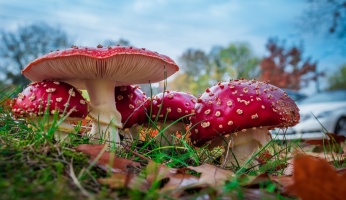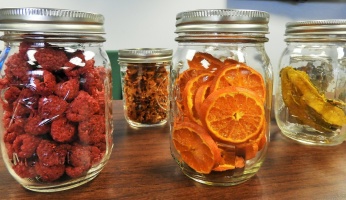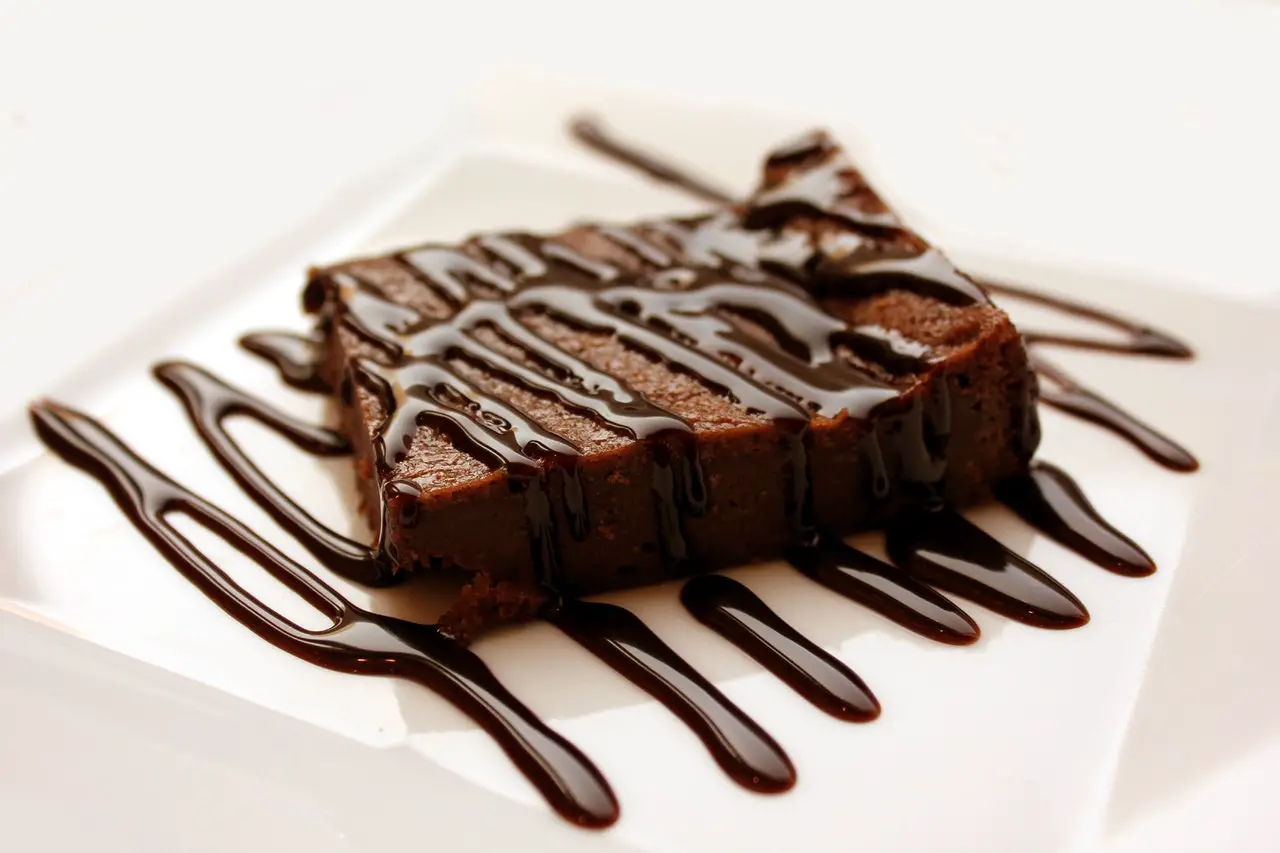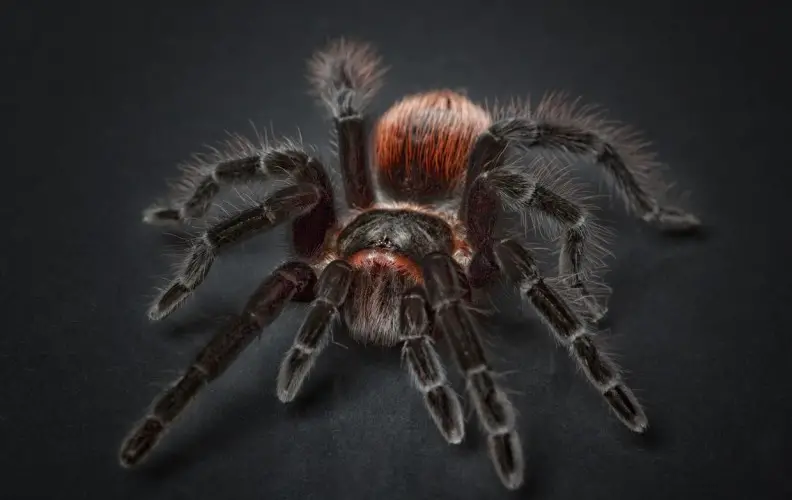Peanut Butter and Dogs: The Truth You Should Know
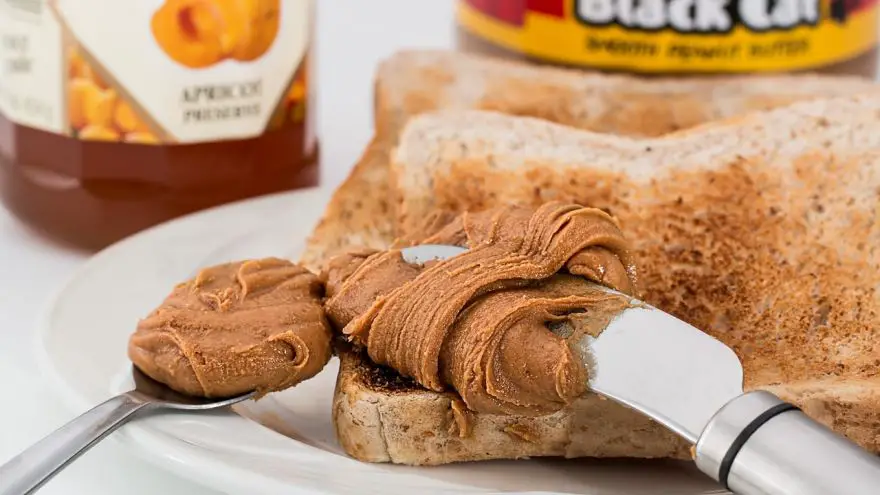 Peanut Butter and Dogs: The Truth You Should Know
thegearhunt.com
Peanut Butter and Dogs: The Truth You Should Know
thegearhunt.com
Dogs seem to adore peanut butter. It is used by many as a fantastic treat, it has its uses in regard to hiding pills, and you can even use it as a distraction for when you need to bathe them or trim their nails.
Most brands of peanut butter are safe for the animals, but not every type is safe, and neither are all amounts.
Dog’s Shouldn’t Have This Type of Peanut Butter
 It isn’t easy to say whether or not even small amounts of peanut butter are safe to give your dog. The reason comes down to a single word… xylitol.
It isn’t easy to say whether or not even small amounts of peanut butter are safe to give your dog. The reason comes down to a single word… xylitol.
This is a replacement for sugar that is beginning to be used more and more. It is found on all sorts of products, and that does include certain brands of the peanutty treat. This sugar substitute is one that is all natural and fine when it comes to people. However, it can be deadly for dogs and poisons thousands of them every year. The professionals at Preventive Vet say that knowledge about this substance is on the rise… both for peanut butter products as well as over 700 other products it is found in. They also say that they have had some success in getting some companies to include it in their labeling and with their warnings. However, there are still way too many people who are unaware of the critical danger that the substance poses for dogs, and this means that we all need to try to raise awareness and attempt to affect those changes that will save the lives of dogs.
Why Is It Dangerous?
Xylitol is a type of sweetener that is gaining popularity due to it having dental benefits for all people when compared to sugar, and because it is a suitable substitute for sugar for those who suffer from diabetes. However, thousands of canines are poisoned by this substance each year.
Actually, a toxic dose of this substance for dogs is even less than that of chocolate. Just as an example, it only takes 1.37 grams of it to cause a dog’s blood sugar to drop rapidly. This can lead to seizures, collapse, disorientation, and staggering in dogs that weigh 30 pounds. For the same size dog, it only takes 6.8 grams for it to cause debilitating and possibly even deadly damage to the liver cells of the creature. For dark chocolate, you would need 22 times that amount to incur the same level of toxicity. This is according to a study published by the ASPCA-APCC in a Vet medical journal in 2006.
Brands of Peanut Butter Containing Xylitol are Not Safe for Canines
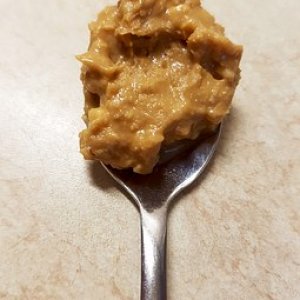 There are at least four brands of peanut butter that contain this substance, and more may begin to. This means that if you have a four-legged friend in your home, you need to read labels very carefully. One of those brands is “No Cow”. Some of the others at the time of this writing include:
There are at least four brands of peanut butter that contain this substance, and more may begin to. This means that if you have a four-legged friend in your home, you need to read labels very carefully. One of those brands is “No Cow”. Some of the others at the time of this writing include:
- P28
- Nuts N More
- Krush Nutrition
- Go Nuts, Co
The popularity of using this substance is growing. It is used in things like common supplements, ice creams, chewable vitamins, gums, and more. This means that the importance of reading the ingredients for things is growing. Don’t just assume that because something is safe for your family and yourself, that it is also safe for any critters you might own.
What Types of Peanut Butter are Safe for Dogs?
Typically, any kind of peanut butter that is xylitol-free will be fine. It is actually a great source of healthy fat and protein for dogs. However, like everything else, it should only be eaten in moderation. That being said, some types/brands of peanut butters are healthier than the rest.
Much of the peanut butter that you can find on shelves in stores have good qualities, but they all contain extra sugar and preservatives that aren’t exactly great. Your best option will be to locate a peanut butter – or another kind of nut butter – that is completely free or low on any type of additives. Read the ingredients lists on the labels carefully, don’t just make the assumption that because it says ‘artificial sweeteners’ on the label that it will be safe for your critter. All-natural sweeteners should be double checked too. Xylitol, technically, is an all-natural sweetener.
Actually, if you have a good food processor or blender, it is easy to make your own peanut (and other nut) butter right in your own kitchen. This will be healthier for you, your family, and your dog.
How to Make Nut Butter
If you are curious and want to create your own nut butter, here is a recipe:
Maple Almond Butter
This is so much better than what you can buy in stores. It is easy to make, gluten-free and vegan. It makes 1 jar.
Ingredients
- ¼ cup of maple syrup – real, not pancake syrup
- 2 cups of almonds
- 1 tsp vanilla extract
- 3 tsp coconut oil
- ¼ tsp salt
- ½ tsp cinnamon
How to Make It
- Preheat your oven to 300°
- Spread the almonds on a cookie sheet and toss them with the syrup and 2 tsp of the coconut oil
- Roast them for 15 minutes, take them out, stir them, and put them in for another 15 minutes.
- Let the almonds cool for about 10 minutes
- Once they have cooled, put the nuts in your food processor and process them until they have a smooth consistency. You might need to stop a few times to scrape the sides. The entire process should only take about 5 minutes.
- Once the nuts have reached a creamy consistency, add the other tsp of coconut oil, salt, cinnamon, and vanilla. Continue to process the ingredients until they are combined well.
Note: You need to store this in your refrigerator.
Note for dogs: If you are making this for your canine, cut the salt, vanilla, and coconut oil in half and skip the maple syrup.
How Much Peanut Butter can a Dog Safely Have?
 A little bit of peanut butter that doesn’t have xylitol will be just fine for dogs. Try not to overdo it. If you do, the critter can develop pancreatitis, which can be both expensive and nasty to deal with, and the animal could even put on too much weight.
A little bit of peanut butter that doesn’t have xylitol will be just fine for dogs. Try not to overdo it. If you do, the critter can develop pancreatitis, which can be both expensive and nasty to deal with, and the animal could even put on too much weight.
This means that you will always need to be vigilant when it comes to how much peanut butter you allow your pet to eat – or really, any treat. A good rule of thumb is that no more than 10% of their daily calories should come from treats.
The exact amount of this treat that animals can have will vary depending on both the size of the dog and the type of peanut butter. Typically, smaller dogs don’t need more than ½ tbsp each day and large dogs shouldn’t have more than a full tablespoon.
Note: Dogs who suffer from chronic pancreatitis, or those who have an increased risk of the condition, such as Yorkshire Terriers and Miniature Schnauzers, should completely avoid peanut butter because even small amounts can worsen their condition.
Should Dogs Have Crunchy or Creamy Peanut Butter?
You might have heard or read that when it comes to dogs and peanut butter, crunchy could be a possible choking hazard. However, this is unlikely, unless you happen to be feeding large amounts of it to tiny dogs.
That being said, you just read that even average sized dogs shouldn’t have more than a tbsp each day, so it isn’t likely that you will be giving them enough to cause there to be a danger of choking.
This means that you can give your dog whatever type of peanut butter you like – as long as it doesn’t contain xylitol. However, creamy peanut butter can be easier to smear. For example, if you are trying to distract the animal to give him a bath, you might consider smearing a bit on the bathtub to distract him.
What About Peanut Butter and Jelly?
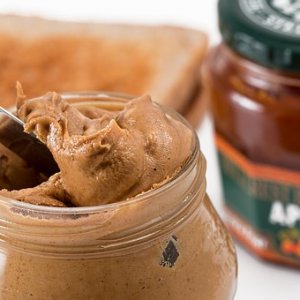 Jelly should not be something that you feed any dog. This is due to there being quite a bit of sugar in preserves, jellies, and jams. If you already happen to be giving the critter peanut butter, the additional sugar can increase the risk of developing diabetes and obesity. Aside from that, some jellies also contain xylitol. Along with those reasons, there are some jellies that are made from fruits that dogs just shouldn’t have.
Jelly should not be something that you feed any dog. This is due to there being quite a bit of sugar in preserves, jellies, and jams. If you already happen to be giving the critter peanut butter, the additional sugar can increase the risk of developing diabetes and obesity. Aside from that, some jellies also contain xylitol. Along with those reasons, there are some jellies that are made from fruits that dogs just shouldn’t have.
While strawberry jelly might be safe, grape jelly could be more than a bit harmful. Grapes can be poisonous for some dogs and might lead to things like acute kidney failure. The same holds true for things like currants and raisins.
This means that when it comes to jams and jellies, they shouldn’t be given to any dog.
Can Dogs Have Peanut Allergies?
Unlike humans, dogs don’t seem to have allergies to peanuts. There aren’t any documented cases of anaphylactic or allergic reactions to this nut or any other types of seeds or nuts in the animals. However, that doesn’t mean that it isn’t possible.
If it will be the first or second time you will be giving your critter any sort of nut butter, and you have concerns, give them just a tiny amount – like what they might lick off of the very tip of your finger. Keep a close eye on him. As long as you don’t notice any of the following signs, he should be ok.
Signs of Acute Allergic Reactions in Dogs:
- Severe itchiness
- Collapse
- Diarrhea
- Vomiting
- Difficulty or rapid breathing
- Swelling around the muzzle and/or eyes
- Hives or other small areas that are swollen on the body
Signs of Chronic Allergic Reactions in Dogs
- Recurrent issues with impacted glands in the anal region
- Chronic chewing of and/or itchiness of their paws
- Thinning coat
- Recurrent/chronic ear infections
Some Companies Have Been Proactive and Removed Xylitol From all of Their Products or Added Warning Labels
 Here we have a summary of some of the brands that have either taken this substance out of their products or have done a good job of notifying owners of pets about the dangers of it.
Here we have a summary of some of the brands that have either taken this substance out of their products or have done a good job of notifying owners of pets about the dangers of it.
No Cow, previously known as D’s Naturals, makes a product they call Fluffbutter. All of these spreads in that line DO contain xylitol, which means they should be kept far away from dogs. Please spread the word.
Hank’s Protein makes a line called Plus Nut Spreads. Xylitol has been removed from this line of products, so they will be safe for your four-legged friends. The owner, Hank, states that he is an animal lover and realized that by the xylitol being part of his products, he was potentially harming the critters he loves. This prompted him to remove the harmful additive.
Nuts N More has agreed to take a few steps when it comes to improving awareness regarding Xylitol and the hazards it poses for dogs. Their website has an FAQ page that warns about the danger to dogs that xylitol poses.
Even better is that they have added warnings to their labels informing people that they are not meant for pets. Additionally, they have agreed to put the amount of sugar alcohol for each serving on their labels. This is fantastic and will help a lot – both to keep these products from being fed to dogs, and to aid when it comes to the treatment of animals who do consume them.
There are a few other things that people like you can do when it comes to making sure your critters are protected from the danger posed by xylitol.
The most common source of the harmful xylitol that poisons dogs is sugar-free gums. There are multiple petitions you can find online and sign to try to get this taken care of. You can find one of them at Change.org.
The other thing is to make sure that you read the labels of anything that you give your dogs or that they can get access to. If you have anything that contains xylitol, don’t give it to the animals and keep it out of their reach. By being vigilant, you can ensure that your pets don’t get poisoned by this harmful additive.
Sources
- YouTube, Can Peanut Butter Kill Your Dog?
- Dogington Post, Is Peanut Butter for Dogs Safe?
- Cuteness, How to Safely Feed Peanut Butter to Dogs
- The DoDo, This One Ingredient Could Make Peanut Butter Deadly for Your Dog






